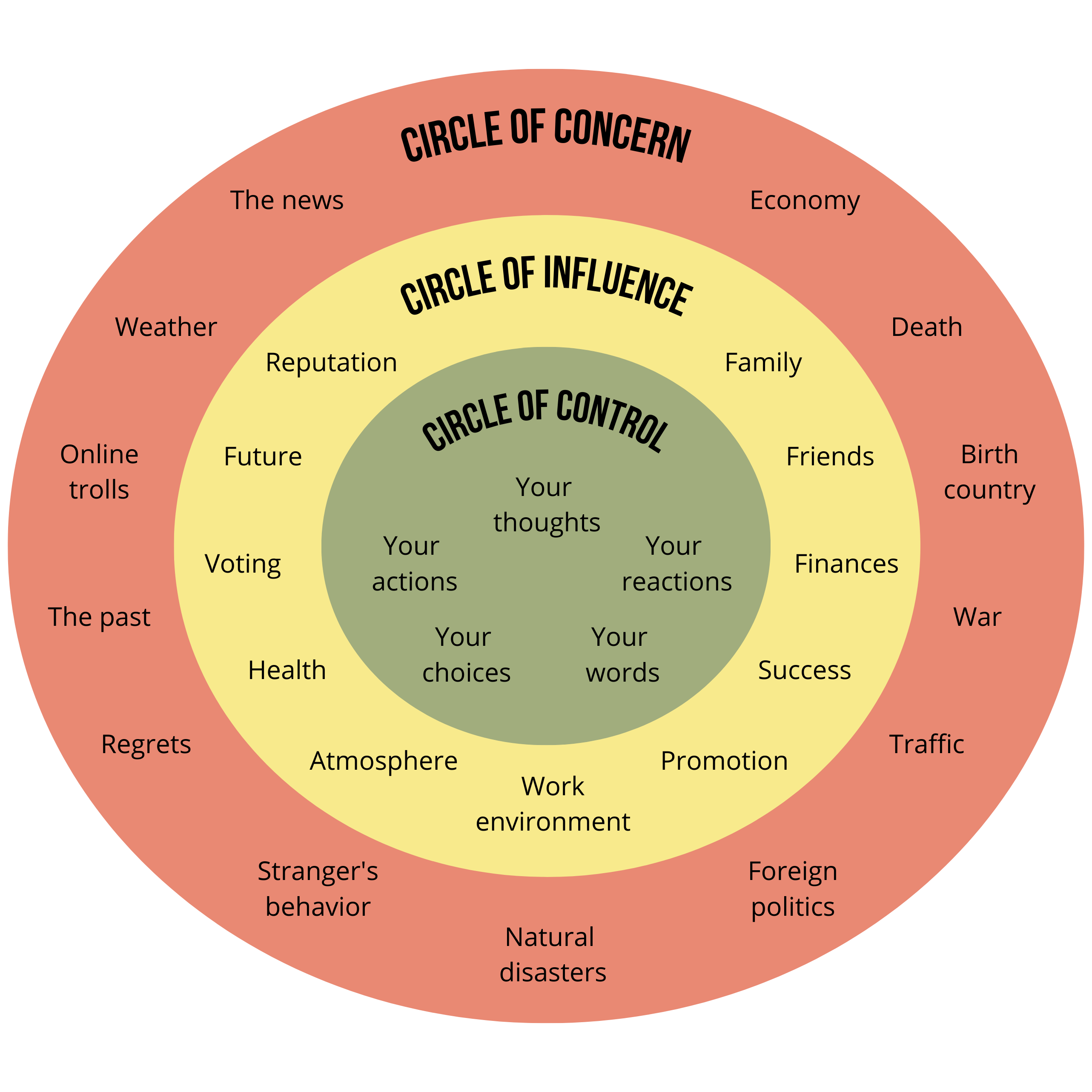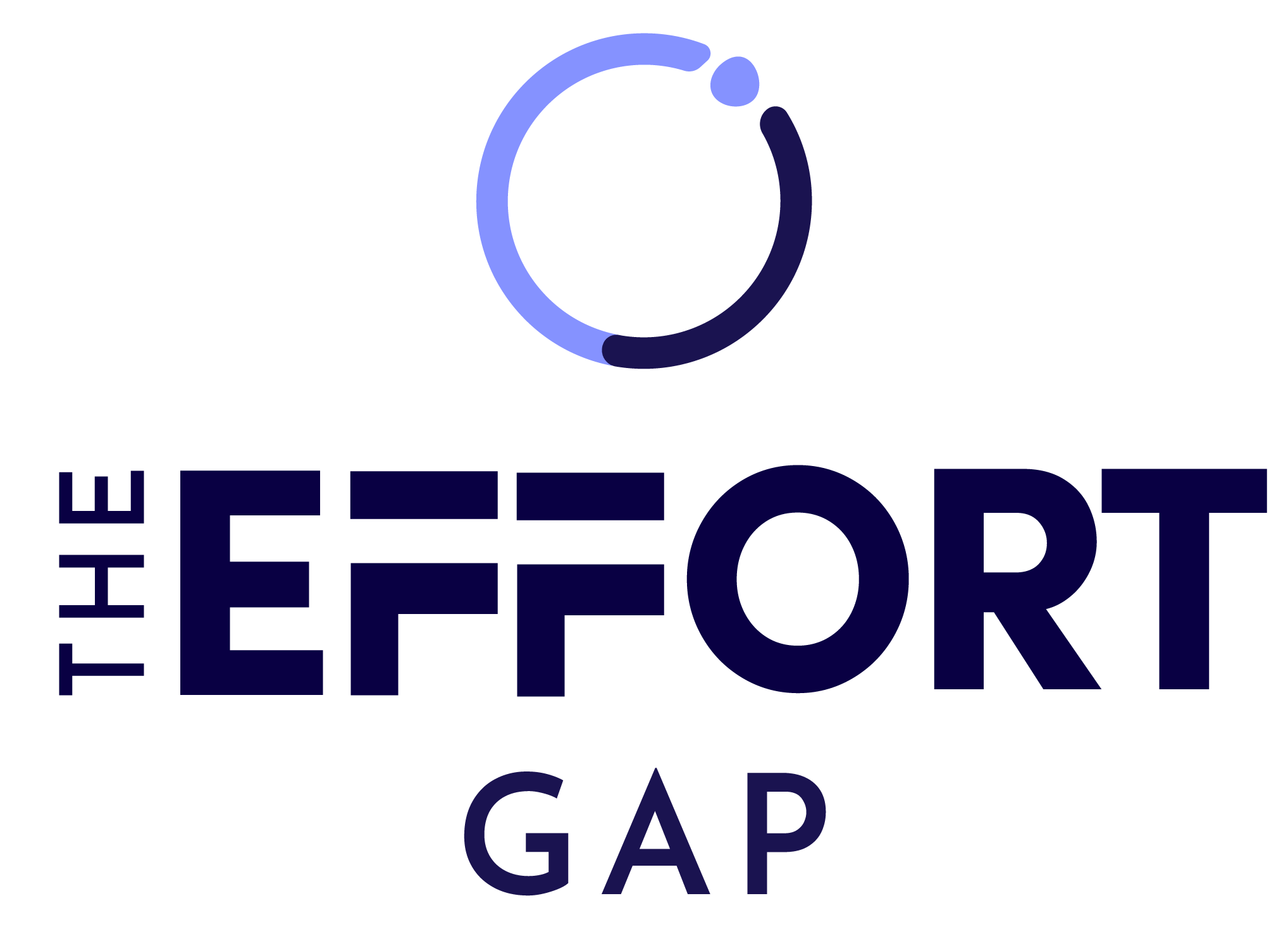Control is one of the four deadly sins against effort:
-
- Shortcuts
-
- Comparison
-
- Grandeur
-
- Control
In yearning for others to meet our expectations, we attempt to mold them into a more “ideal” version of themselves. I think we’re starting to learn that attempts to change other people ultimately leads to disappointment, even disillusionment.
“All human unhappiness comes from not facing reality squarely, exactly as it is.” -Jean-Paul Sartre
Introspection is necessary when we feel the need to control anything or anyone but ourselves. Instead of trying to change another human or control a situation, ask yourself, “what is this trying to teach me?”
This is how you take ownership and responsibility over your life, regardless of who or what might be at “fault” for any of your circumstances.
Influence and Support vs. Control
To be clear, we can certainly influence others, like being a supportive presence or connecting them to resources or opportunities. But we have to recognize the limitations of our influence. We cannot make someone change or dictate the outcomes of their lives.
The only practical move is to accept and support others as they are. To help us get there, we can shift our energy towards building the skills of both self-awareness and self-management (see all four pillars of emotional intelligence here).
Here’s what is inside your control:
-
- Your behaviors
-
- Your reactions
-
- Your choices
Here’s what is outside your control:
-
- Other people’s behaviors
-
- Other people’s reactions
-
- Other people’s choices

The Ultimate Example of Letting Go of Control: A Family Member with a Drug Addiction
I watched my sister suffer through a substance use disorder for twenty years. It taught me hard lessons about acceptance, the limits of my influence, and letting go of control.
Addiction is a painful and heart-wrenching experience for a family. Despite futile attempts to fix her addiction, it became clear that no one can take control of it but her. Even for the user, battling a brain rewired by addiction is a lifelong struggle beyond mere willpower.
“They need to want to get clean” is a phrase we often grasp logically, but to truly embody it takes lived experience. Still, recovery is about far more than just desire. It’s a complex battle influenced by societal welfare, biology, environment, support systems, and access to often hard-to-reach healthcare.
Despite all the complexity, I desperately wanted to rescue my sister. This was a desire born from disillusionment, a lack of acceptance, and my own addiction to control. Also reflected here was my own challenges with another “deadly sin of growth:” grandeur. That is, believing I had more power and responsibility than I really did.
There’s no clear set of instructions for healing journeys, no matter the nature or scale. They can take many different forms and directions. But one thing is true of all healing journeys: they can’t start without acceptance.
I couldn’t change my sister’s addiction, but I could change my response to it. Instead of trying to control her, I focused on accepting the realities of addiction. I learned to better manage myself and process my emotions through therapy. By letting go of the need to “fix,” I freed myself from unproductive mental labor. I released an unreasonable sense of personal responsibility.
They say the opposite of addiction isn’t abstinence, it’s connection. An addict’s greatest opportunity for recovery takes place in an environment of nonjudgmental compassion. The disappointment resulting from the inability to successfully “fix” her addiction depleted my ability to be nonjudgemental and compassionate. I burnt out. I became angry and resentful. Not because of the addiction itself, but because of the mismatch between my controlling behavior vs. what my efforts can actually achieve.
Core Values and Letting Go of Control
Compassion is one of my core values (explore yours here). When I catch myself thinking cruel, judgmental, and presumptuous thoughts about another human, I know something is off. It signals a need to pause, cease action, and reflect.
Values guide us through challenges and decisions. The process isn’t about applauding ourselves for living according to values. It’s a process of monitoring and recognizing when we stray away from them.
Imagine an internal guard who’s there to monitor your thoughts and behaviors. This guard stands at the gate where thoughts enter the mind. It compares each passing thought against the values you’ve committed to uphold.
The guard’s job is not to approve and applaud kindness, empathy, and compassion. The guard’s primary task is to identify opposing threats made to the values system: judgment, superiority, or apathy.
Letting go of control and accepting people as they are is not giving up on them. It’s an act that frees us to channel our efforts into areas where we could actually make an impact.
“The desire to fix another is an active avoidance of the neglected self.” -J. Mike Fields






